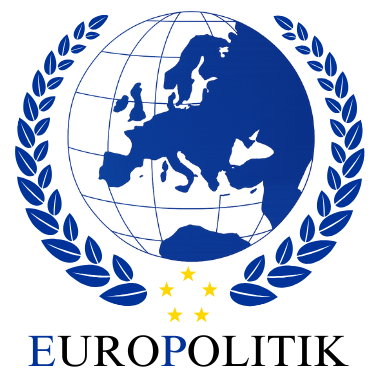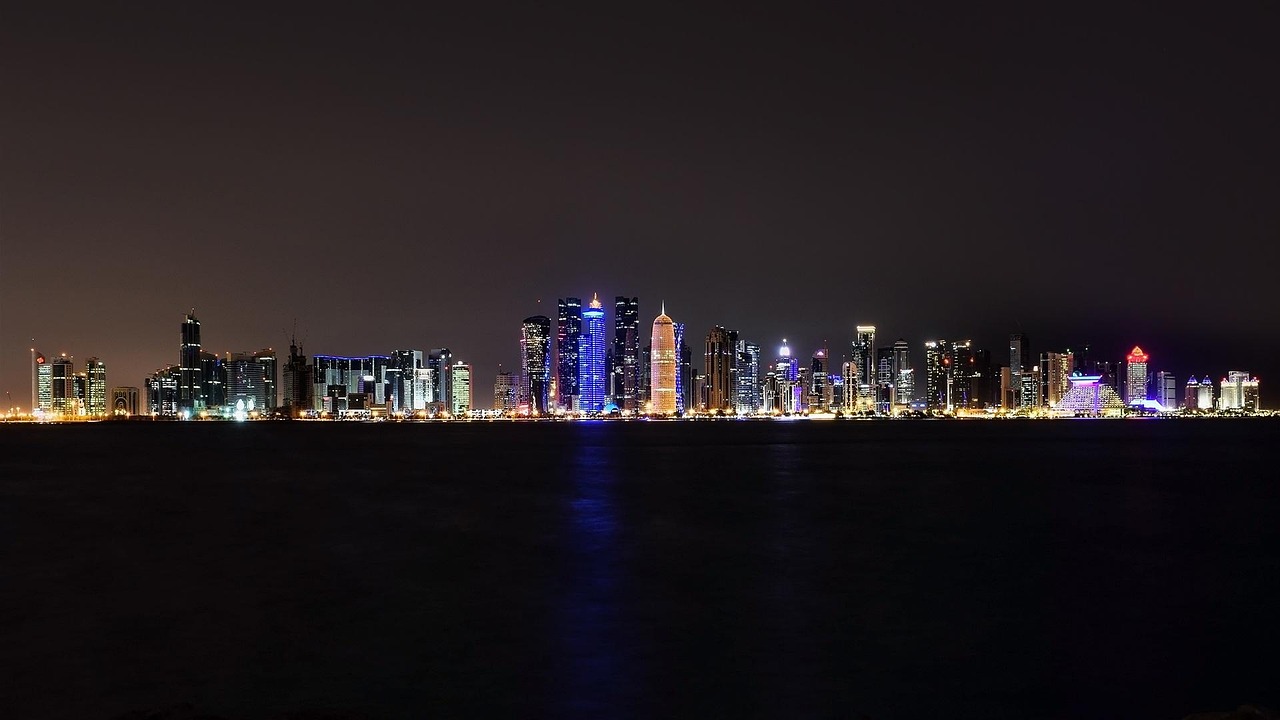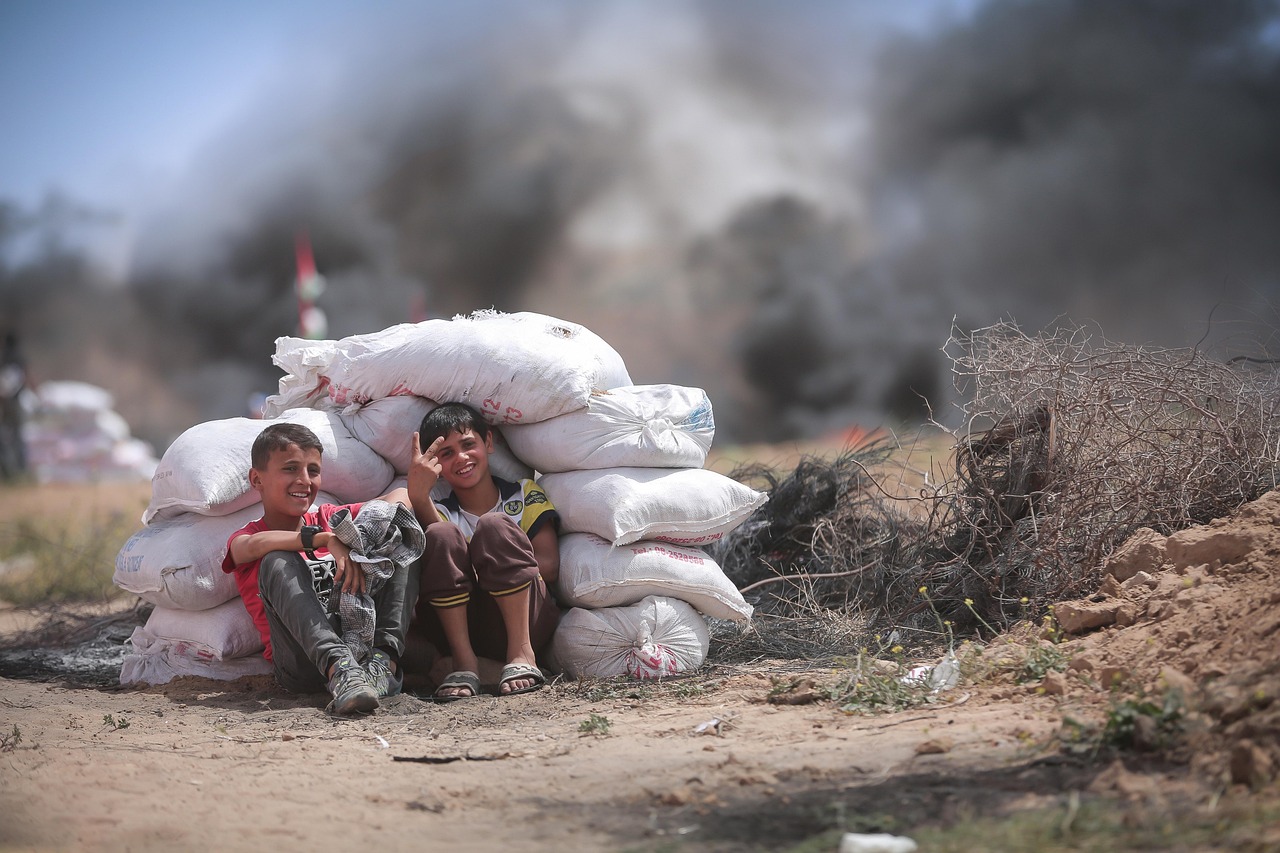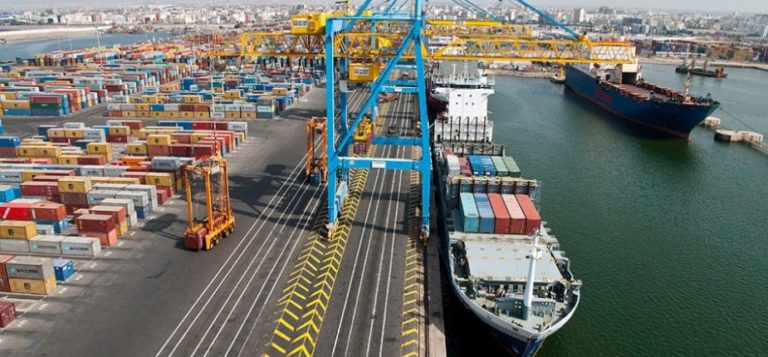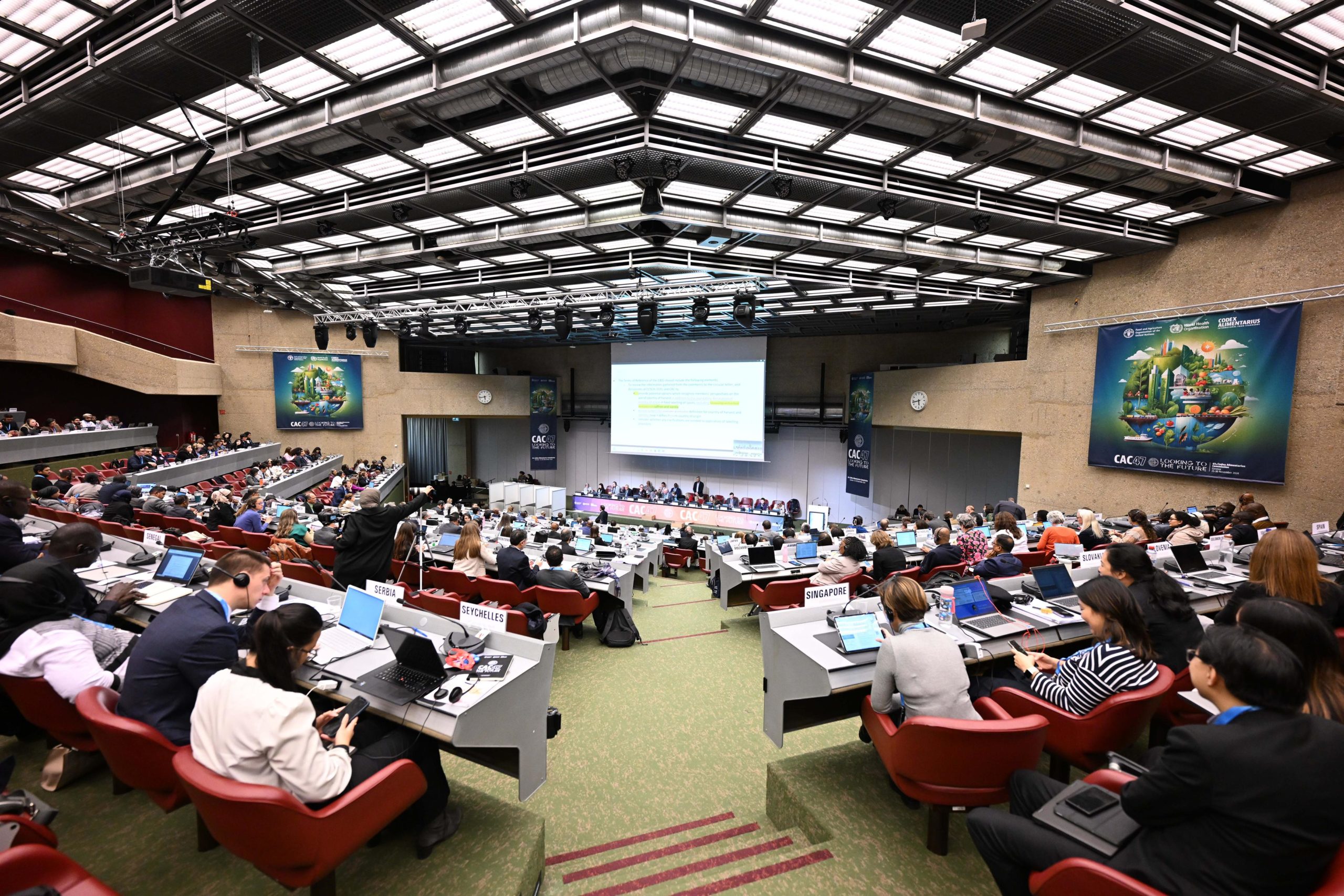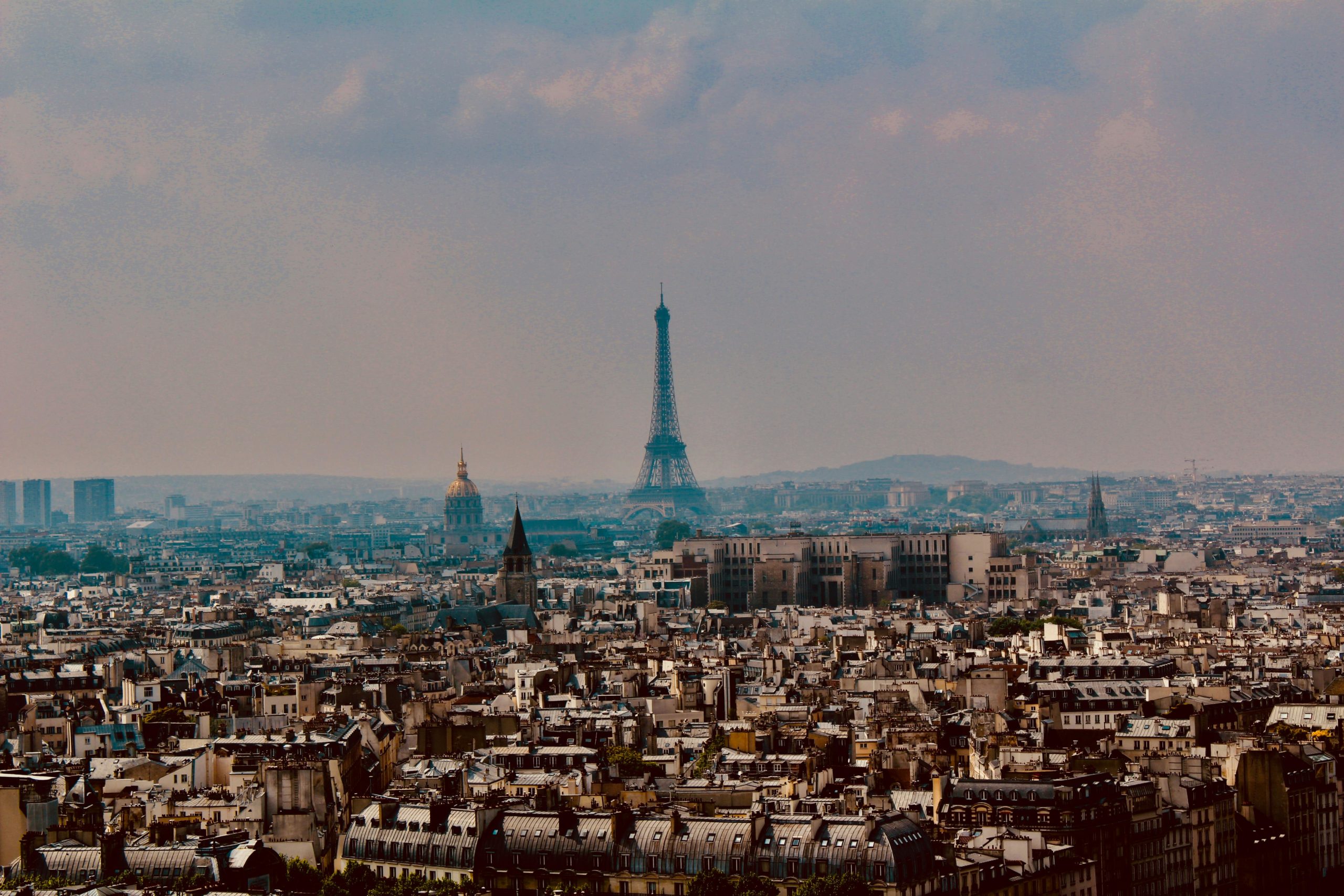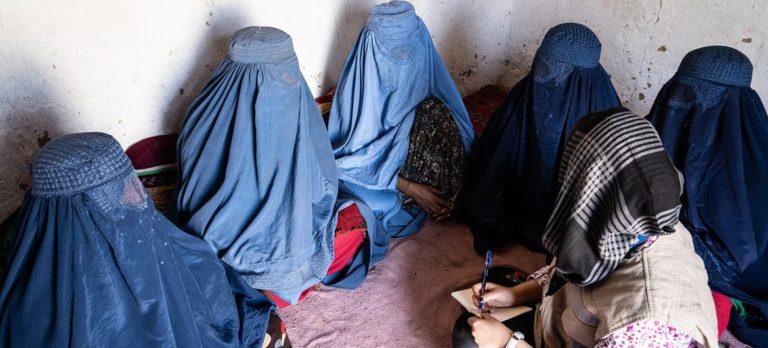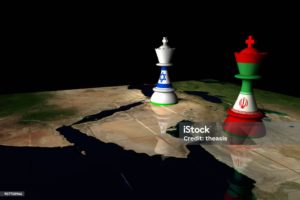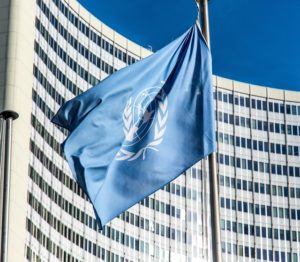Gone are the days when Donald Trump accused Qatar of supporting terrorism, a clichéd argument used to please his Saudi and Emirati allies in 2017. A blockade ensued, isolating Doha overnight, even sparking rumors of an invasion of the petromonarchy by its turbulent neighbor. In the midst of a turbulent Gulf, Saudis and Emiratis have always competed with their turbulent third brother and sought to gain the upper hand to be the United States’ top regional competitor.
Since 2021, the embargo has been lifted, Qatar’s isolation has ended, and the former enemies have “reconciled.” Never has Emir Al Thani seemed so powerful, and above all, so influential, in resolving endless and recurring crises in the heart of the Middle East. With Donald Trump’s return to the White House, we hear much less about Mohamed Ben Salman, and even less about Mohamed Ben Zayed, a powerful ally of Israel since the Abraham Accords.
Saudi Arabia is struggling to play a negotiating role, caught between a desire to normalize its relations with the Jewish state, particularly for economic reasons, and the sclerotic role expected of it in an impossible context: defending the creation of the Palestinian state. As for the Emirates, their murky game in the region, and in particular their circumvention of sanctions by the Bashar al-Assad regime, have irritated the United States. They have remained discreet for months, including on the Israeli-Palestinian issue, as their agreement with Israel has been the prize of a lifetime in business terms since the signing of the Abraham Accords in 2020.
The only country that has control over America’s and Israel’s enemies is Qatar, which conducts a balancing act at the heart of the major regional powers and has always maintained dialogue with Islamist groups, notably Hamas, at the request of the United States and Israel. Its relations with other Gulf countries, as well as Iran, and the deployment of its diplomacy outside the region, particularly in Africa, are now serving it well.
Donald Trump has understood the benefits he could derive from this ally, which he had probably forgotten in 2017, as it hosts the largest American base in the Middle East. Today, the billionaire even seems to rely heavily on Qatari expertise for his position as mediator in several global conflicts, using the resources and seasoned diplomats of the Gulf microstate. On the Russo-Ukrainian issue, Trump is floundering, but in the Middle East, he is making progress. He doesn’t have an identical actor between Putin and Zelensky, but finds himself caught in the middle of the regional appetites of large countries or groups trying to exist: Turkey, for example, China, but also the European Union, which is de facto involved. In the Middle East, Trump is clearly free of European pretensions, and Qatar has had the “lead” in the region for years. To be clear, part of the success of the recent agreements, notably the ceasefire between the Jewish state and Iran, but perhaps soon the long-awaited comprehensive agreement between Tel Aviv and Hamas in Gaza, is due to the tireless efforts of Qatari Foreign Minister Mohammed bin Abdulrahman Al Thani.
This now extends even further than the Middle East, with the peace agreement recently signed in Africa under American auspices between Félix Tshisekedi’s Democratic Republic of Congo and Paul Kagame’s Rwanda, caught in a bloody conflict that had lasted for thirty years. Doha had long enjoyed good relations with these two countries, and all Trump needed was to push his pawns a little further and, at the same time, extract “a great deal,” as he had announced: an end to the fighting, the return of refugees, security coordination, and regional reintegration. But it is also, because nothing is free, a peace that now allows it to have access to rare earths that are far more substantial than those promised by Ukraine. All this through Doha.
